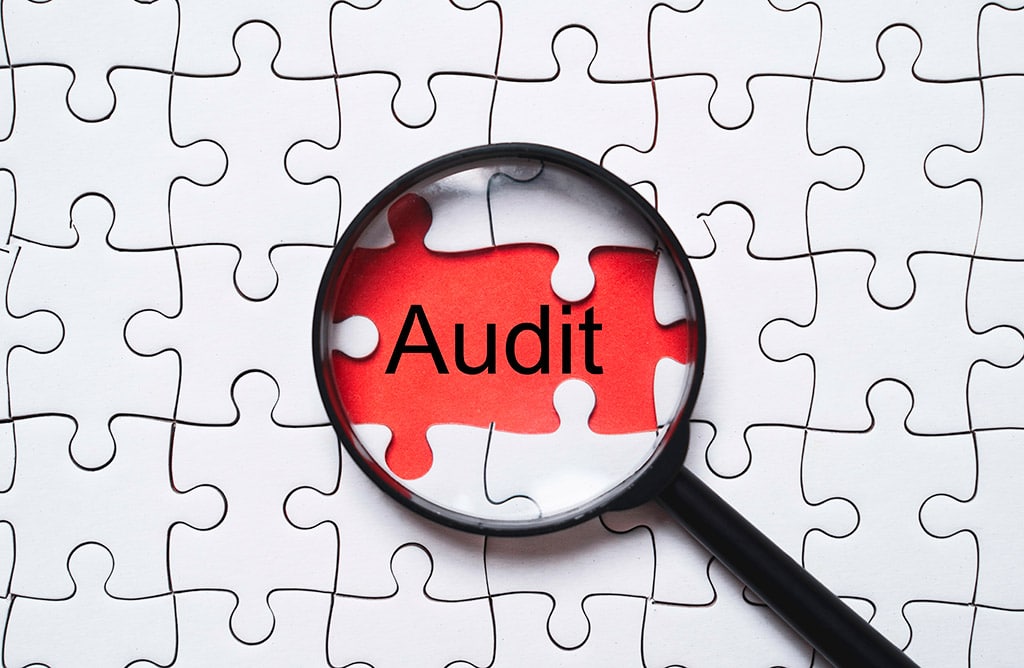The co-mingling of audit and non-audit services, especially within prominent accounting firms like the “Big Four,” has stirred the pot of debate globally and in Australia. Remember the shockwaves of the Enron scandal and Arthur Andersen’s downfall in the 2000s? It highlighted potential conflict of interest concerns, pushing the industry to rethink their structures.
Since then, various jurisdictions have considered or implemented rules to limit the provision of non-audit services by audit firms to their audit clients. For instance, in the European Union, regulations have been introduced to limit the scale and range of non-audit services that can be provided to audit clients. Australia’s recent Parliamentary Inquiry into Audit Quality (2020) further punctuated the need for audit independence and unaffiliated oversight for audits.
The Necessity of Independence
Independence is not just a word—it’s the heart of financial accountability and transparency. It ensures that audits are conducted with impartiality, without any undue influence or conflict of interest.
Combining audit, accounting, and advisory in one basket has raised eyebrows. To address this:
- Regulatory bodies have been considering reforms to increase the separation between auditing and consulting services within the same firm. This is to ensure auditors do not have financial incentives which might compromise their objectivity.
- Some stakeholders, including regulators, academics, and industry watchers, have suggested the “Big Four” and other major accounting firms should spin-off their consulting arms entirely. This would result in separate entities for auditing and consulting, thereby reducing potential conflicts of interest.
- Some of the larger accounting firms have taken voluntary measures to reduce perceived conflicts. This might involve selling off parts of their consultancy operations or establishing clearer internal divisions between different parts of the business.
- The public and investors are becoming increasingly aware of the importance of auditor independence. This awareness can put pressure on companies to choose auditors that don’t also provide them with consulting services.
Current Industry Pulse
While there’s significant pressure for top-tier firms to untangle audit services, many prefer to build internal ‘walls of independence.’ For auditors, parting with consulting is akin to letting go of a golden goose. Plus, auditors eyeing consulting roles will find the switch challenging if both sectors split.
Take, for instance, EY in 2023. They retracted plans to partition their audit and consulting wings, indicating financial viability concerns. Even Deloitte’s global chief seemed not keen on jumping into a separation.
Within Australia, audit independence continues to gain momentum. In recent years, there has been specific focus on SMSF audits as a specialist service. The prevailing wisdom suggests that when SMSF audit fees constitute less than 20% of total accounting revenue, divestment is often the most viable option.
ATO’s Perspective on Independence
The Australian Taxation Office (ATO) in 2021 set forth new standards for SMSF audit independence, with emphasis on:
Routine Tests – Firms are barred from offering accounting or bookkeeping services to SMSF audit clients unless these services require little or no professional judgment, and independence threats are effectively addressed.
Reciprocal Arrangements – The ATO has expressed concerns about reciprocal auditing arrangements, where auditors audit each other’s SMSFs, or where professional accountants prepare accounts and audit each other’s clients’ SMSFs.
Audit Pooling – Audit pooling arrangements, especially if they resemble a ‘network,’ can give rise to self-interest, familiarity, and intimidation threats to independence. These arrangements are likely to face increased scrutiny.
Providing Audit Services to Clients of Previous Firms – Auditors taking on clients from previous firms for audit work must be vigilant about potential self-review and familiarity threats.
Specialist SMSF Firms – When accounting firms engage specialist SMSF firms for financial statements or audits, both parties must adhere to strict independence requirements
Recent data released by the ATO showed that 44% of auditors performed fewer than 50 audits per year. There’s still a lot of room for further consolidation as auditors retire or make an active decision to merge with larger audit firms.
Guidance for Firms at the Crossroads
The ongoing debate surrounding audit spin-offs within accounting and advisory firms reflects the industry’s commitment to addressing concerns about independence rigorously.
The ATO’s audit independence standards, coupled with the growing trend of audit divestment, signal a shift toward enhanced transparency and accountability in financial reporting.
As regulatory changes continue to reshape the landscape, the industry must adapt to ensure that audits are conducted with the utmost independence, meeting the needs of all stakeholders in the ever-evolving financial world.
Accounting and consulting / advisory firms facing potential conflicts of interest should not procrastinate. With the increasing importance of independence, firms must make a definitive choice between providing accounting, consulting and audit services. In cases where a clear separation of responsibilities cannot be achieved, transferring audit responsibilities to an independent entity is often the best course of action.
The National Audits Group firmly believes that audit specialisation is the only way to effectively achieve both independence and quality of external audits.
To discuss these issues further, contact us directly on 1300 734 707 or email info@audits.com.au.
Steven Watson
Director, National Audits Group


